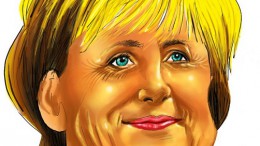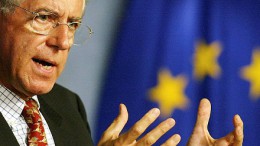Angela Merkel is the best it could have happened to Europe
AMSTERDAM | Presseurop.eu | By Melvyn Krauss | The last minute negotiations in Washington to avoid a budget shortfall show that short-termism is well grounded in US politics. And by contrast, it shows that despite her controversial handling of the euro crisis, the German chancellor is wise enough to instead push for long-term solutions.









